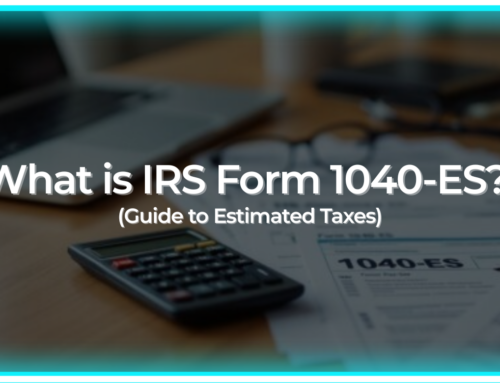Hi all! I’m Bette Hochberger, CPA, CGMA. For today’s quickie, I am going to be discussing capital gains taxes, so here’s a quick guide for real estate investors. Let’s jump in!
So, What are Capital Gains Taxes?
Capital gains taxes are levied on the profit made from selling an asset like real estate, stocks, or bonds. This tax is calculated on the difference between the selling price and the original purchase price of the asset.
Short-Term vs. Long-Term Gains
– Short-Term Capital Gains: These are gains on assets held for less than a year. They are taxed as ordinary income, based on your income tax bracket.
– Long-Term Capital Gains: Gains on assets held for more than a year. These are taxed at lower rates, typically 0%, 15%, or 20%, depending on your taxable income.
Capital Gains in Real Estate
How It Works
In real estate, capital gains tax applies when you sell a property for more than you purchased it. For example, if you bought a property for $300,000 and sold it for $400,000, you would have a capital gain of $100,000.
Exclusions and Deductions
The IRS offers a tax exclusion on capital gains from the sale of a primary residence. As of my latest knowledge, you can exclude up to $250,000 of capital gains if you’re single and up to $500,000 if you’re married filing jointly, provided you meet certain criteria.
Strategies to Minimize Capital Gains Taxes in Real Estate
Utilizing 1031 Exchanges
A 1031 exchange allows you to defer paying capital gains taxes if you reinvest the proceeds from the sale into a similar kind of investment property.
Holding Periods
Consider holding your property for more than a year to benefit from the lower long-term capital gains tax rates.
Home Improvements and Selling Costs
Track and include the cost of home improvements and selling expenses, as these can reduce your taxable capital gain.
Understanding capital gains taxes is crucial for real estate investors. By planning and applying strategic approaches, you can significantly reduce your tax liability and maximize your investment returns. As always, consult with a real estate-focused CPA, like myself, to navigate these tax implications effectively.
I hope you all learned something new today. As always, stay safe, and I will see you next time.







